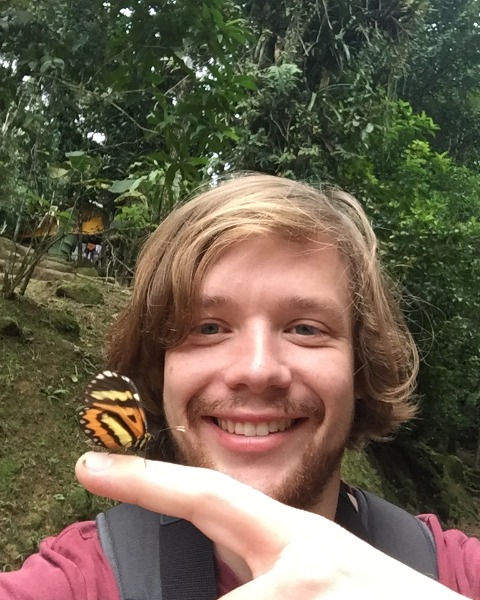Systematics, Evolution, and Biodiversity
10-Minute Paper
SysEB: Biodiversity On-Demand Presentations
The impact of novel insecticides on wild bees
On-Demand

Harry Siviter
Post-doc
University of Texas
Austin, Texas
Felicity Muth
Assistant professor
University of Texas
Austin, Texas
Presenting Author(s)
Co-Author(s)
Domesticated honeybees are a flagship species for insect conservation, but wild bees are also vital to both food production and wild ecosystems. Wild bee declines are driven by a multitude of anthropogenic stressors such as intensive agriculture, which is highly reliant on pesticides for controlling unwanted pest species. Neonicotinoid pesticides are the most commonly used insecticides globally, yet assessment of their use has typically been based around their effects on honeybees. In addition, with the restriction of these pesticides in the EU and increasing pest resistance, novel insecticides such as sulfoxaflor are replacing them in many areas. Here, I will discuss the potential impact of both neonicotinoids and sulfoxaflor on bumblebees and other beneficial insects. Through a combination of empirical research and meta-analyses, I demonstrate that both neonicotinoids and sulfoxaflor have significant negative sub-lethal effects on bees. Finally, I will propose how the agrochemical regulatory process can be improved to better protect bees and other beneficial insects from the unwanted consequences of agrochemical use.

